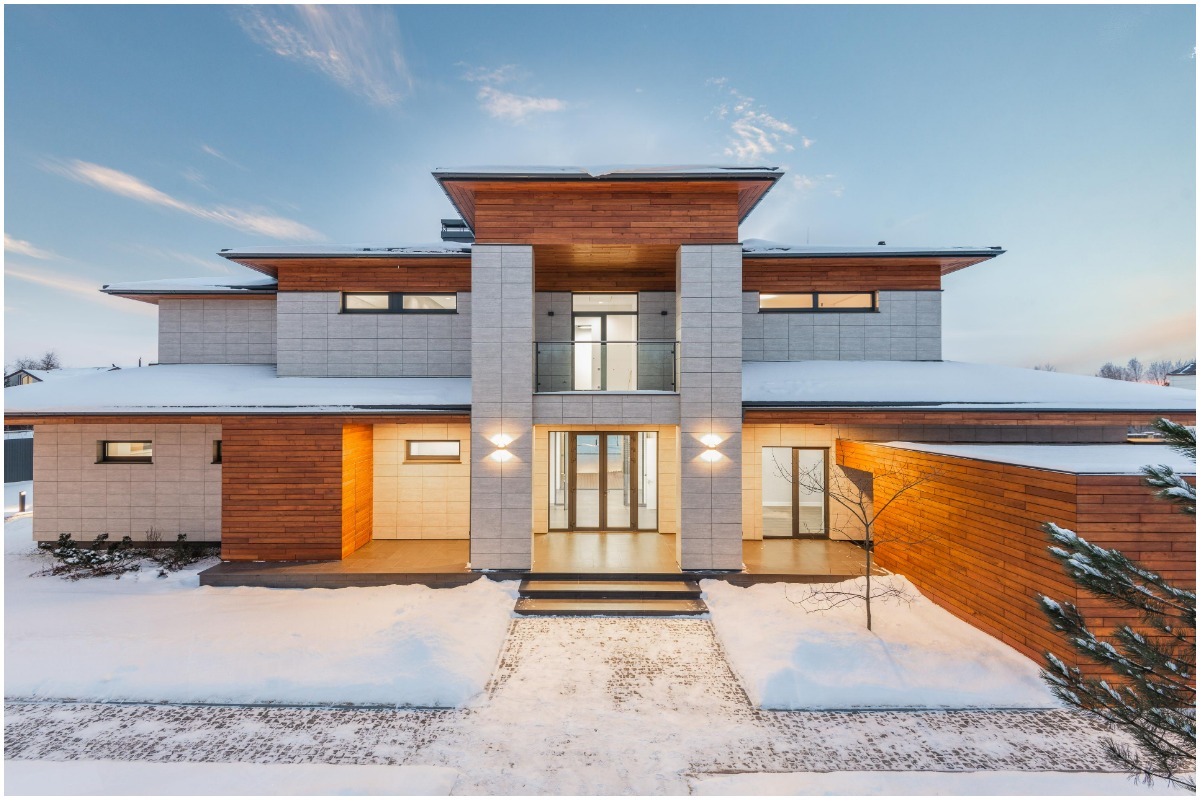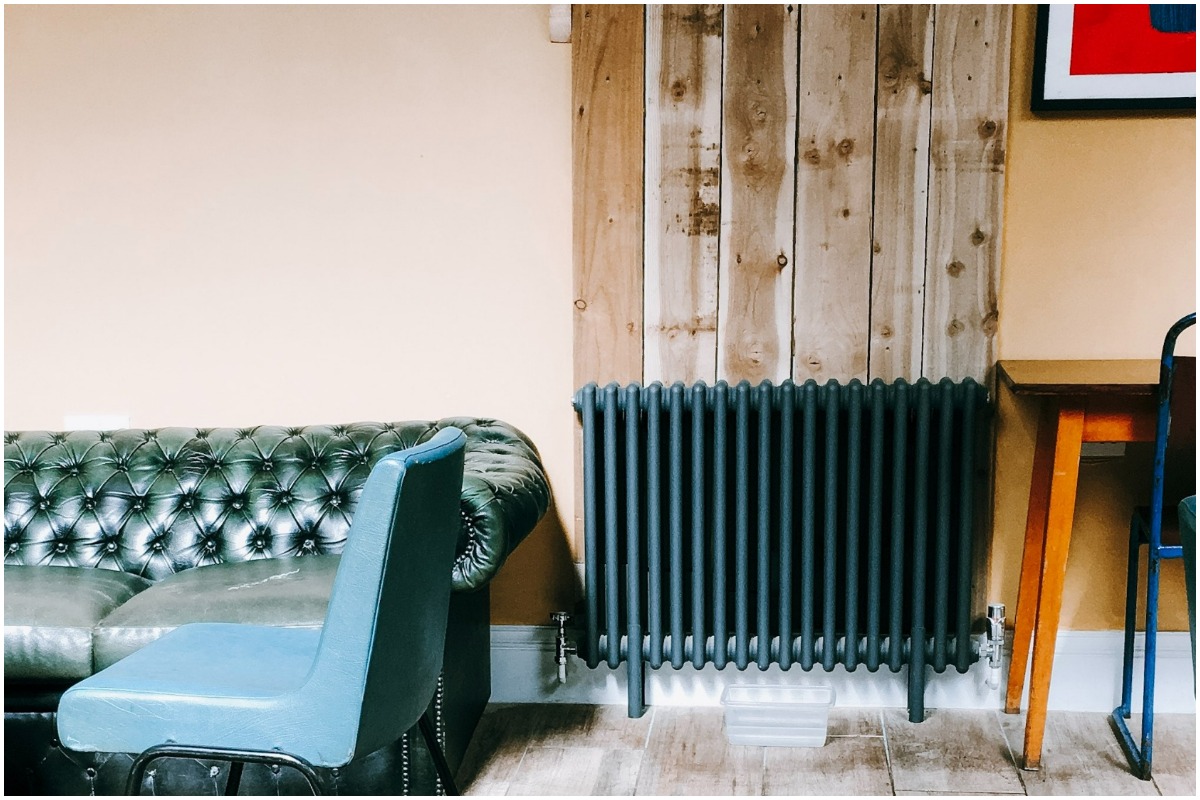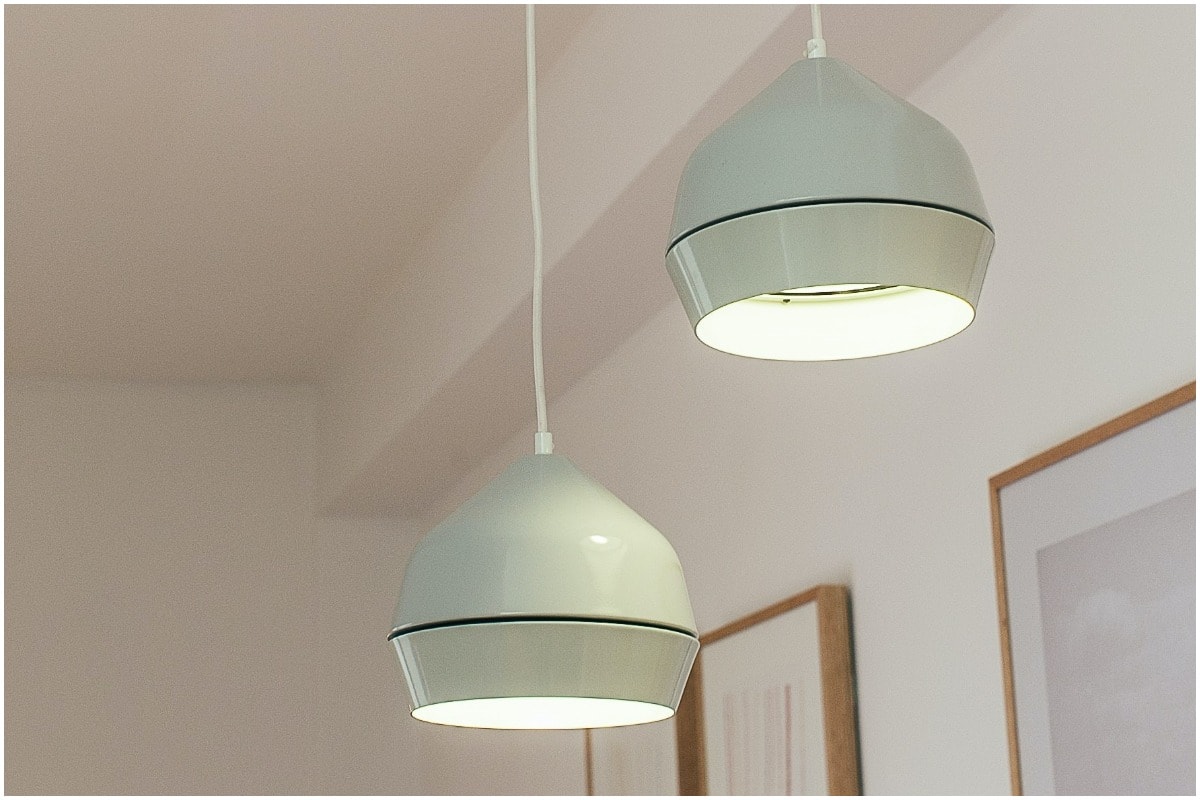We have so many ways to measure the efficiency of our work, our cars, and other areas of our lives. But how do you measure the efficiency of your home? The answer is simple: a home energy audit. Although it may sound daunting, conducting a home energy audit is pretty simple, and you can do much of it on your own. To help you get started, we’ll outline what a home energy audit is and how you can conduct one on your own.

What is a home energy audit?
Let’s start with the basics. A home energy audit is an assessment of your home’s energy use. This assessment will help you determine how much energy your home consumes, where inefficiencies exist, and which fixes you should prioritize to save energy and improve the comfort of your home. Here are the main items to include in your home energy audit checklist.
Renovating your home?
Find out what your home's worth, edit facts, and see the impact of home projects.
1. Check insulation
Renovating your home?
Proper insulation is critical to controlling your home’s temperature. Gaps in your insulation can be problematic in hot or cold weather, as outside air can creep into your home. If outside air gets in during the summer or winter months, your air conditioner and heating system will have to work harder, leading to higher electric bills.
To prevent energy from being wasted, check that the insulation in your walls is completely filled. If they’re showing signs of wear and tear or you’re living in an older home, you may need to replace your insulation. Make sure any attics or crawl spaces are insulated as well.
Pro Tip: “Before performing any insulation and air sealing improvements or upgrading HVAC systems, have a professional infrared/blower door energy audit performed,” says Flemming Lund of Infrared Diagnostic. “The windows are often blamed for comfort issues. However, attic air sealing and insulation issues are often the problems.”

2. Inspect heating and cooling systems
Heating and air conditioning are the most significant expenses on an energy bill, so no home energy audit is complete without looking at these components. To maintain the efficiency of your heating and cooling systems, use duct tape to plug leaks in air ducts, insulate ducts and pipes that move through unheated spaces, and replace filters as needed.
“Heating and cooling your home is 50% of your utility bill annually,” said Ryan Stewart of Stewart Heating, Plumbing and Air Conditioning. “A high-efficiency furnace and air conditioner, having the correct amount of refrigerant, along with correctly sized and sealed ductwork, will save you a ton of money.”
You should inspect air conditioners and heating systems at least once a year. Whether you’re dealing with sweltering summer heat in Phoenix, AZ, or freezing conditions in Denver, CO, it’s essential to get the most out of your heating and cooling systems.
3. Audit home appliances
It’s important to include appliances in your home energy audit because they consume energy when their plugged in, even if they aren’t being used. One way to combat this and help reduce your carbon footprint is by choosing appliances with the ENERGY STAR label. Products with this label meet specific performance and efficiency standards. They also feature an energy-saving mode that limits energy consumption when the appliance is off. You can also connect your appliances to power strips, which will allow you to disconnect multiple appliances at the same time.
4. Assess your refrigerator
Your fridge is one of the hardest working appliances in your home. It’s working 24/7, and this demanding workload results in less efficient operation over time. One way to gauge whether your fridge is wasting energy is to check how tightly the door closes. To do this, place a piece of paper between the fridge and the door, close the door, then pull out the paper. If it comes out without resistance, then your fridge is working harder than it should be. Age is another indicator of an inefficient refrigerator. If you’ve had your current fridge for over 15 years, consider a replacement, as older models consume more energy than their newer counterparts.

5. Check your home’s lighting
If your home still uses traditional incandescent light bulbs, you can make a serious dent in your energy bill by switching to LED bulbs. LEDs consume about 90% less energy than their incandescent counterparts, and they can last up to 25 times longer. Although they are a little more expensive than traditional light bulbs, you can rest assured that they will pay for themselves over time.
6. Find and seal air leaks
Air leaks can undermine your efforts to control the temperature of your home, and can be detected during a home energy audit. These leaks can exist around plumbing fixtures, electrical outlets, and pipes. Keep an eye out for cracks in the foundation or siding as well as your door or window frames. These cracks may allow warm air to escape. “Find and plug those leaks,” says Tom Kay of EcoMall. “Just wet your fingertips and run them around the door or window frame to feel a draft – or hold up a tissue and see if it waves. Seal leaks between moving parts (between the door and its frame) with weatherstripping. Fill leaks between non-moving parts (between the window frame and wall) with caulking.”
Pro Tip: “When retrofitting a home or building, you have to save energy first, before you make or generate energy,” says Green Energy Money. “You shouldn’t install a large solar system on a building that’s leaking energy due to not having an efficient building envelope. Before considering adding solar or other renewable energy modalities, you should always improve your building performance envelope and energy efficiency.”

7. Examine water heaters
A typical household can use about 60 gallons of hot water per day on home maintenance tasks like laundry, showers, and dishwashing. So it’s no surprise that hot water can contribute to over a quarter of your energy bill. You can begin with simple changes to reduce your hot water usage, like washing your laundry in cold water or taking shorter showers. Another easy adjustment you can make is lowering the water heater’s temperature to 120 degrees, meaning your water won’t reach as high of a temperature. You’ll hardly feel the difference and save a few bucks in the process.
There are other steps you can take to make your water heater more efficient. For starters, most water heaters manufactured in the last 10 years have adequate insulation, but older units may not. Put your hand on the heater. If it feels warm, you can insulate it with a water heater blanket. Water heater insulation can cut heat loss by up to 45% and save up to 16% on your heating bill. Additionally, if you’re wondering whether you need to replace your water heater, it’s advisable to do so after about 15 years.
Looking to save money on your mortgage?
8. Call in the pros to get a more extensive home energy audit
You can complete most of the essential components of a home energy audit on your own. However, to get the most accurate picture of your home energy situation, it’s best to call the professionals, as they have a vast array of tools to assess your home. One such tool is a thermographic scan. Thermographic scans use infrared cameras to detect heat and identify areas experiencing heat loss. For example, thermographic scans locate air leaks to determine where a home might need more insulation. “Leaky walls, floors, ceilings, and ducts are a big cause of high energy bills and uncomfortable spaces,” says Ryan Meres of Resnet. “Get your home inspected and tested by a home energy rating (or HERS) professional, so you don’t waste money on needless upgrades.”



























 United States
United States Canada
Canada